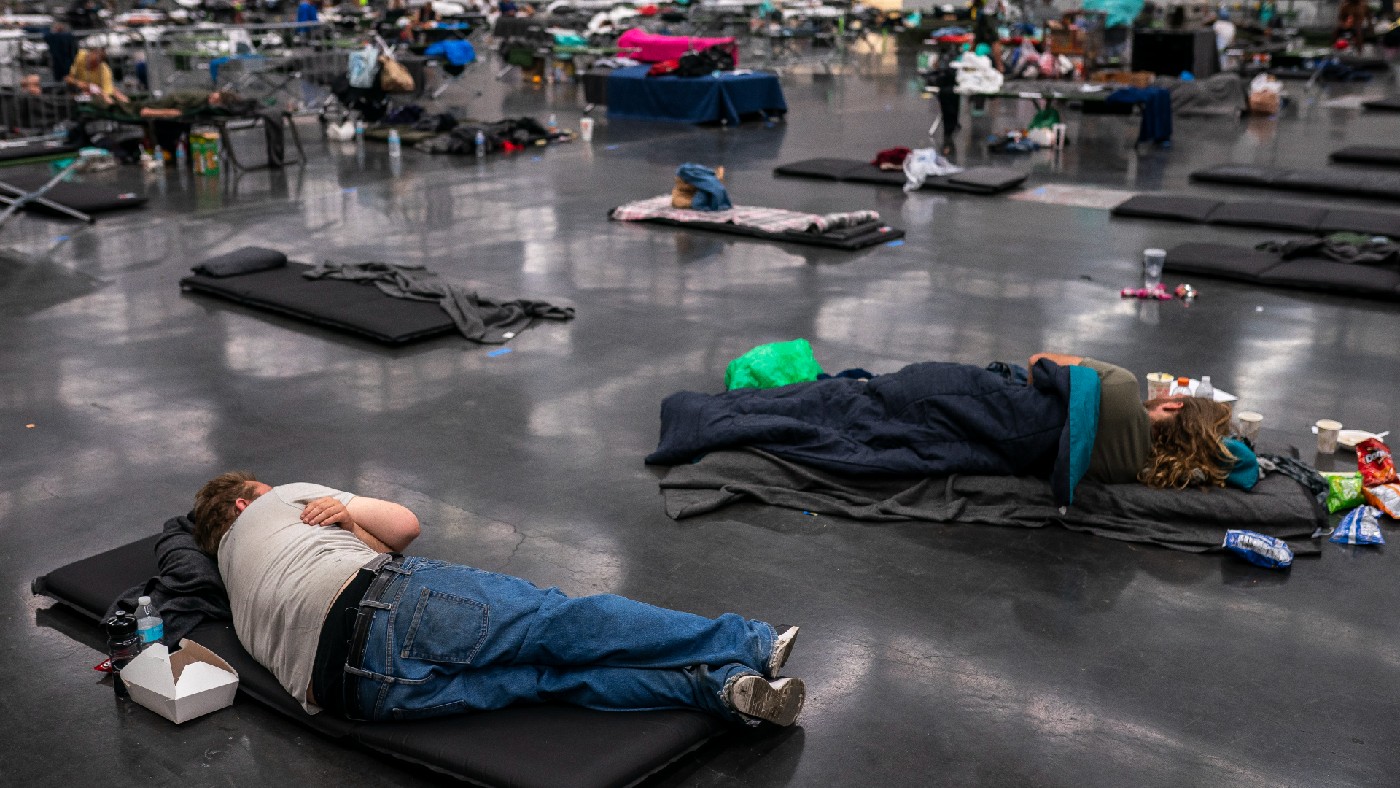The ‘heat dome’: blistering temperatures in the Pacific Northwest should act as a wake-up call
People are used to hearing of record-high temperatures in desert states such as Nevada or Arizona, but not in verdant Washington and Oregon

A free daily email with the biggest news stories of the day – and the best features from TheWeek.com
You are now subscribed
Your newsletter sign-up was successful
It’s a well-known fact in Seattle that you can’t count on warm weather until after the Fourth of July, said Jane C. Hu on Slate. While friends elsewhere in the US are enjoying barbecues, we’re still languishing under the grey skies and drizzle of what locals like to call “Juneuary”.
Not this year. Over the past fortnight, the US Pacific Northwest has experienced an unprecedented heatwave. Before this summer, the temperature in Seattle had reached 100°F just three times since 1894, but it did it for three days in a row at the end of June, hitting a peak of 108°F.
In Portland, the temperature reached 116°F – higher than has ever been recorded in Houston, Texas, 2,000 miles south. The stifling heat buckled roads, caused power outages, knocked out tram systems, and is thought to have caused at least 76 deaths across the region.
The Week
Escape your echo chamber. Get the facts behind the news, plus analysis from multiple perspectives.

Sign up for The Week's Free Newsletters
From our morning news briefing to a weekly Good News Newsletter, get the best of The Week delivered directly to your inbox.
From our morning news briefing to a weekly Good News Newsletter, get the best of The Week delivered directly to your inbox.
The blistering temperatures were the result of a so-called heat dome, said Robinson Meyer in The Atlantic: a meteorological phenomenon that occurs when a static high-pressure system traps concentrations of hot air over a certain location. It would once have counted as “a one-in-1,000-year event”, but this sort of freak weather seems to be growing ever more common as a result of the warming climate.
And the Pacific Northwest wasn’t remotely prepared for the heat. Seattle is the least air-conditioned metro area in the US – less than half of residents have it – because the city has never really needed it. Community centres and libraries had to be hastily converted into mass public cooling stations where people could take refuge from the extreme temperatures.
Both the region and the US as a whole need to step up their climate contingency planning. Heat is already the deadliest type of weather event in the US, killing more people than hurricanes or floods. And the problem is only getting worse.
This crisis will have served as a wake-up call for many Americans about the “first-hand realities of a heating planet”, said James Ross Gardner in The New Yorker. People are used to hearing of record-high temperatures in desert states such as Nevada or Arizona, but not in verdant Washington and Oregon.
A free daily email with the biggest news stories of the day – and the best features from TheWeek.com
Asked in 2014 where people might consider moving as global temperatures rise, a climate researcher told The New York Times: “The answer is the Pacific Northwest.” The way things are going, that no longer looks such a safe bet.